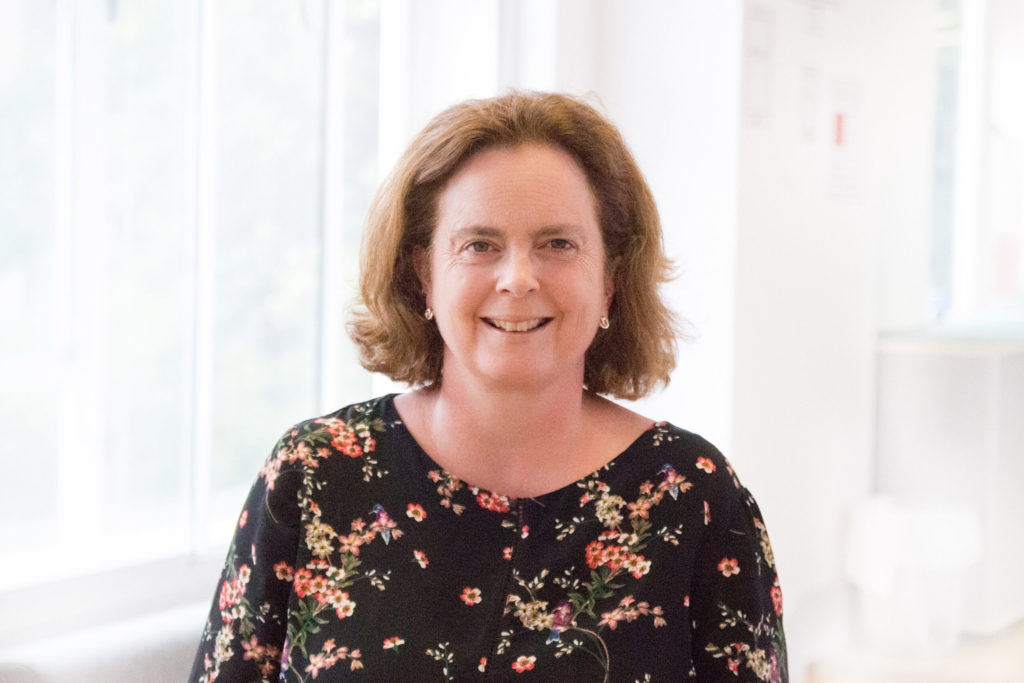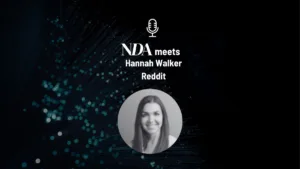Newsworks’ Insights Director Denise Turner introduces the trade marketing bodies new research ‘World Without News’, that takes a look at how the nation’s appreciation and value of journalism has increased significantly since the onset of the global coronavirus pandemic.
Let’s take you back several months – before anyone knew what coronavirus, Covid-19, lockdowns or to be honest, what a pandemic would entail – when Newsworks commissioned a study to find out what a world without news would look like.
To gain a greater understanding of this, the research looked at the nature and value of news in the modern world by including a unique behavioural experiment that deprived regular readers of consuming news brands and saturated non-news readers with news.
As the global pandemic evolved so did the research. To add another dimension, some of the respondents that were interviewed pre-coronavirus were then interviewed again in August to uncover the impact the pandemic had had on their news habits.
What we found was that a world without news made people more anxious, less clear and less sure of their perspective on the world.
Across all respondents, the research revealed that:
- Two-thirds of Brits appreciate journalism more since the pandemic began.
- 70% think a world without journalism would harm democracy.
- There are six goals that consuming news helps individuals to achieve including: connecting with others; understanding the world around us; and, helping us, as individuals, to thrive.
Rather more encouraging, where the findings for those aged under 35. Of those surveyed, 77% feel the pandemic has made them value journalism more, which is 10 percentage points higher than the over 35s.
Although 42% of under 35-year-olds said they used social media more throughout the height of the pandemic, 73% said they felt less anxious when they read a news brand compared to social media. That is 14 percentage points higher than the over 35s.
Another thing to note is that although many of this age group did turn to social media during the pandemic, the content they interacted with quite often originated in news brands.
The ‘World Without News’ findings are clearly reflected in the latest PAMCo data, the industry’s audience measurement service.
National digital news brand readership rose to 22 million readers every day, that is a 20% increase compared to the same period last year, an extra 3.7 million people national news online every day.
This growth is largely attributed to younger audiences accessing new brands via mobile – a trend that the industry is seeing across the population – and which reflects the ‘World Without News’ results for the under 35-year-olds.
What does this mean for advertisers?
The study suggests that news brands provide advertisers with an opportunity to reach readers in a unique quality environment that captures not only their attention but imagination.
Under 35-year-olds are 3.5 times more likely than over 35s to change their behaviour after reading something in the news – a necessity for any effective advertising campaign.
They are also more likely to dig further into something they have seen and then share and discuss this with others while at the same time, using the information they read to become better versions of themselves.
The results
From our extensive nine-month research, we found that journalism matters more now than ever. During a panel discussion due to be aired this Friday, we posed the question ‘what would a world without news look like?’ to two journalists. Both incidentally under the age of 35.
The Sunday Times’ Rebecca Meyers and Basingstoke Gazette’s editor Katie French agreed that it would be “utterly terrifying” and would encourage the misuse of power as those at the top would not be held to account.
A world with news is so essential, they explained, because it supports a democratic and functioning society and allows people to gain a better understanding of the world around them.
And as the results of our study show, the majority of the nation agree.









